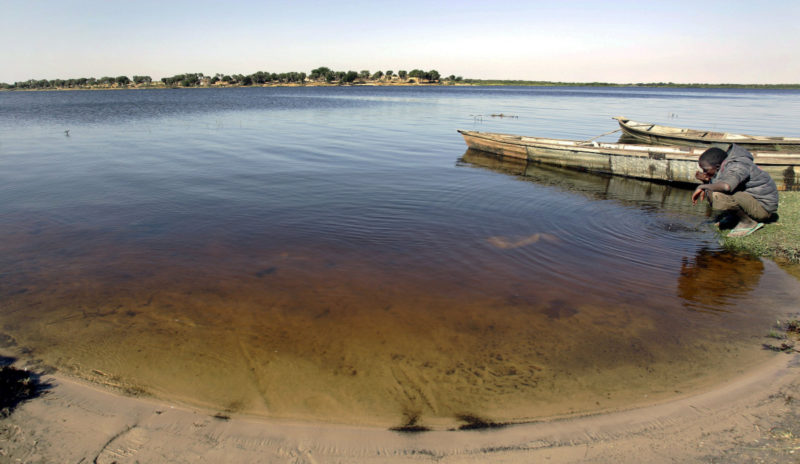Nigeria has lauded the international support to the country and neighbouring countries in addressing the challenges caused by the Boko Haram terrorists and the shrinking of the Lake Chad.

Nigeria’s Ambassador and Permanent Representative to the UN, Prof. Tijjani Bande, stated this in New York at the Security Council Open Debate on the Role of States, Regional Arrangements and the United Nations in the Prevention and Resolution of Conflict.
Bande said: “As we all know, the Lake Chad region has been facing its worst crisis ever, primarily because of the impact of climate change.
“However, the ability of the Lake Chad basin countries to obtain international support and attention is paying off.
“An array of countries – Norway, Germany, UK, U. S., China, Canada and others – have joined the UN to provide financial and technical support to the on-going efforts to not only conquer Boko Haram, but also work at the same time across the whole pillars, as the only way forward.
“Indeed, so successful has this been, since the visit by the Security Council in March 2017, and the various pledging conferences – Abuja, Oslo and Berlin – that we are even talking of recharging of the basin, to restore and or stabilise the livelihood of some 45 million people affected by this unfortunate situation.
“Through it all, ECOWAS, AU and the UN have been working very well together to galvanise support, towards the same end”.
Bande pledged Nigeria’s resolve to continue to support efforts at maintaining peace and security in all regions of the world.
According to him, more than ever, there is the need to strengthen collaboration between the UN and the various regional and sub-regional organisations around the world.
The need to ensure that effective and mutually reinforcing mechanisms (both regional and global) that are flexible and responsive enough to ensure peaceful coexistence among communities are prioritised, he said, were critical.
Bande said it was imperative to ensure that a means of financing regional bodies-led peace support operations that were authorised by the Security Council would be predictably and sustainably worked out.
“We owe this to the millions that suffer and are waiting for our help.
“In this regard, I wish to commend the Secretary-General on the current AU-UN partnership on peacekeeping, as this is a right step in the right direction,” he said.
The envoy said in the effort to prevent and resolve conflicts, there is the need to also take due cognisance of the structural challenges to peace and security.
These challenges, like climate change, mismanagement of natural resources, cross border and international crime, are at the root of some of the worst conflicts of our time, he said.
The Nigerian envoy added that the challenges are best tackled through a broad collaboration among States, sub-regional and regional organisations and the UN.
According to the UN, nine years into the conflict, the humanitarian emergency in the Lake Chad region is among the most severe in the world.
The world body says while the crisis is unfolding in a region already affected by severe underdevelopment, poverty and climate change.
The impact on the lives of around 17 million people is devastating, with women, youth and children bearing the brunt.
In 2018, more than 10 million people require humanitarian assistance and protection.
The humanitarian response was expanded significantly in 2017, reaching over six million people with life-saving assistance and protection, and effectively averting a famine.
But needs in the affected regions remain acute and will persist at large scale into 2019 and beyond. Humanitarian organisations are requesting 1.6 billion dollars for 2018.
Support from the international community to national efforts will be essential in the coming months to ease hunger, provide water, shelter, hygiene, healthcare, protection and education, and help communities rebuild their lives and livelihoods.
The UN also said without continued assistance, hard hit communities risk sliding back into distress.
By Prudence Arobani
